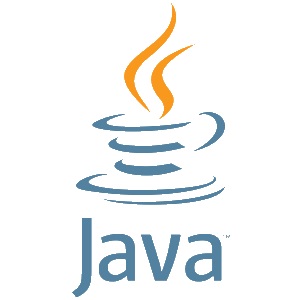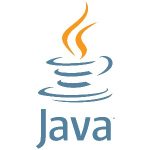Description
At Course Completion
On completion of this course, the student should be able to:
- Understand the EJB 3 architecture and API, and how it fits into the overall Java EE architecture
- Understand and use the EJB 3 annotations
- Create, deploy & use stateful & stateless session beans
- Use EJB 3 dependency injection to initialize resources
- Understand and use Interceptors (Lifecycle and Business Method)
- Use JNDI (Java Naming and Directory Interface)
- Write EJB clients (remote and local)
- Understand, deploy and use message-driven beans
- Understand distributed transactions, the Java Transaction API, and the EJB transaction model
- Understand and use the EJB security model
- Understand the new Java Persistence API (JPA)
- Create deploy and use JPA persistent Entities
- Map relational schemas to persistent entities, including the use of primary keys
- Understand and use the EntityManager
- Understand and use Java Persistence Query Language
- For more advanced classes, optional additional coverage of JPA allows you to be familiar with more advanced JPA concepts such as entity relationships (1-1, 1-N, N-N, unidirectional, bidirectional), and inheritance







Reviews
There are no reviews yet.